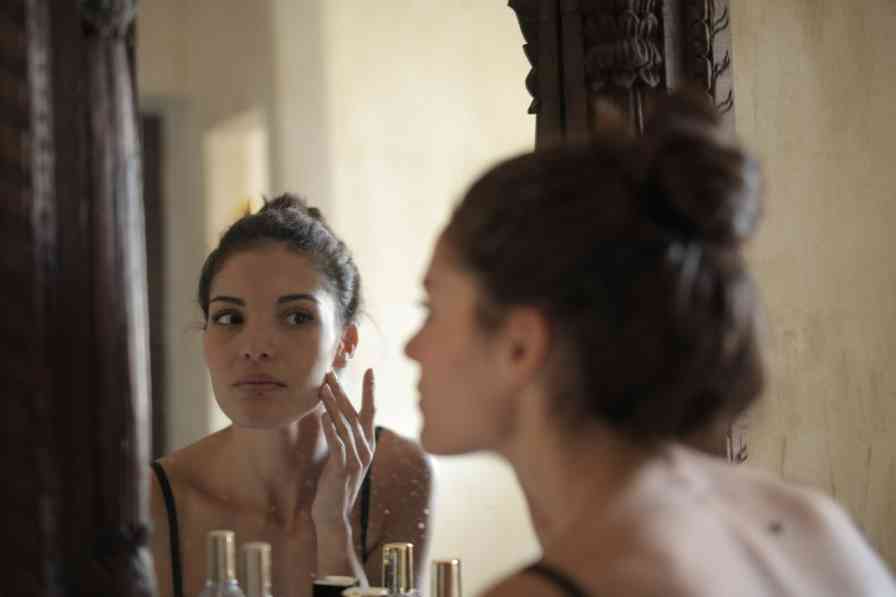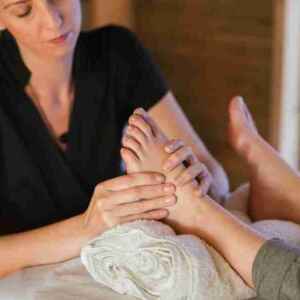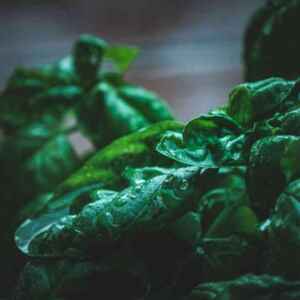
Table of Contents
Introduction
Are your sore blisters making your day not so good? You can stop feeling uncomfortable and annoyed by Blisterata with our helpful tips! It doesn’t matter if you’re a sports pro, a busy parent, or just tired of dealing with pesky blisters – we have solutions for everyone. Read on to find out how to stop Blisterata from bothering you so you can feel confident daily!
Understanding Blistered: What is it and how does it happen?
Blisterata is when your skin gets little pockets filled with fluid. They happen when your skin rubs too much or when there’s pressure on it, like on your feet, hands, or heels.
Your skin’s outer layer shields you from harm. However, excessive rubbing or poorly fitting shoes can lead to blisters. Engaging in activities that cause friction can also result in blister formation.
The fluid in blisters aids in healing by shielding the affected area. Knowing why blisters form can empower you to prevent them from becoming a daily nuisance.
Causes of Blisterata
This sentence explains the various causes of Blisterata, a painful condition characterized by fluid-filled pockets on the skin. It highlights that Blisterata is often triggered by friction, which occurs when our skin repeatedly rubs against something or experiences excessive pressure. Factors such as wearing ill-fitting shoes, rough fabrics, or engaging in vigorous exercise can lead to this uncomfortable reaction in our skin.
Also, humidity and temperature have been mentioned to contribute significantly to blister formation. Sweaty feet wearing tight shoes create the ideal environment for blisters to develop. Sunburn, which causes skin damage, is also thought to be a potential cause of blisters.
In addition, the phrase refers to unrepeatable medical conditions such as eczema or allergic reactions. Reactions to chemicals found in skin superintendency products may make individuals increasingly susceptible to blisters and develop blisters. Understanding these variegated causes is essential, considering it allows us to take proactive steps to prevent blisters from occurring.
You can also read about – Esfeet: Elevate Your Foot Comfort And Wellness Journey
You can read our latest blog post
Prevention Tips for Blisterata
- Wear comfy shoes with good cushioning.
- Use socks that keep your feet dry.
- Ease into new shoes slowly.
- Check for hot or sore spots on your feet.
- Use pads or special tape where shoes rub.
- Keep your feet clean and moisturized.
- Pay attention to any foot discomfort and fix it fast.
Wear comfy shoes that fit well and have padding inside to stop blisters. Use socks that keep your feet dry. When you get new shoes, wear them slowly to avoid rubbing that makes blisters. If your feet feel hot or sore, fix them immediately to prevent painful blisters. You can also use special pads on skin areas that rub a lot. Keep your feet clean, dry, and soft to prevent blisters. If your feet feel uncomfortable, change your shoes or fix the problem fast to stop blisters.
Treatment Options for Blisterata
Treating Blisterata offers many choices to ease discomfort and aid healing. One popular method involves using blister pads or cushions from the store to shield the area and stop more irritation. These create a barrier between the blister and things that cause friction, speeding up recovery.
Another treatment option is to apply a non-infectious cream to the scar or surf to prevent infection. Keeping the area dry and relaxed is crucial to promote the healing process. A doctor may need to safely phlebotomize larger, painful blisters with sterile instruments.
In some cases, oral antibiotics may be prescribed if an infection occurs. Following your healthcare provider’s instructions for proper wound superintendency technique during treatment is essential. Additionally, keeping pressure off the bladder zone can speed up healing time.
It’s important to note that variegated treatments may have varying effects on individuals – what works for one person may not be constructive for another. If you’re dealing with persistent or severe blisters, it’s weightier to seek personalized treatment from your doctor based on your situation.
Natural Remedies for Blisterata
- Natural treatments like aloe vera, tea tree oil, calendula cream, honey, and oatmeal baths are gentle and effective for Blisterata.
- Aloe vera reduces swelling and pain.
- Tea tree oil heals blisters faster.
- Calendula cream soothes and helps skin heal.
- Honey fights germs and reduces swelling.
- Oatmeal baths are soothing and ease discomfort.
- These natural remedies help your body heal without risks from regular medicine.
Natural treatments are constructive for Blisterata without relying on harsh chemicals. Aloe vera gel provides relief and directly reduces swelling and pain when unromantic. Tea tree oil has unpolluted properties, speeding up scar healing when diluted in water. Calendula cream from marigold flowers calms irritated skin and aids healing.
Honey, a traditional wound healer, fights germs naturally. Applying raw honey to blisters prevents infections and minimizes swelling. Oatmeal baths are soothing, preventing itching and discomfort associated with Blisterata.
Opting for these natural remedies supports your body’s healing process without the potential risks of conventional medications.
Lifestyle Changes to Avoid Blisterata Recurrence
To prevent blisters from coming back, make some minor changes. Ensure your shoes are well-appointed and don’t rationalize friction or pressure on your feet. Opt for moisture-wicking socks to alimony your feet dry. If you engage in activities prone to causing blisters, consider using padding or products like moleskin. Additionally, stave wearing new shoes for extended periods immediately; instead, unravel them gradually.
Keep your feet clean and dry to stop infections that can worsen blisters. If your feet start hurting while you’re doing something active, take a break and fix the problem before it becomes a big blister.
Expert Quotes on Blister Care
Let’s hear what experts have to say about taking care of blisters:
“Using the right dressing method can make blisters feel much better and help them heal faster.” – Nurse Jones.
“Small blisters are okay to treat on your own, but if they get worse, you should talk to your doctor.” – Dr. Lee helps athletes stay healthy.
“If you know why you get blisters, you can prevent them from happening again.” – Dr. Patel, podiatrist.
Personal Stories
Real stories can teach us a lot about dealing with blisters. Here are a few
It is a hiker’s story about beating blisters on a long hike by wearing good shoes and using suitable bandages.
A runner’s experience with blisters during a long race shows why keeping clean and acting early is so important.
A traveller’s tale of dealing with a lousy blister while away from home reminds us to get help when needed.
A person’s story about helping a friend with a blister shows that knowing basic first aid is helpful.
Conclusion
We might forget the easy ways to deal with Blisterata in our busy lives. But knowing why it happens, trying ways to stop it, checking different treatments, using natural fixes, and changing how we live can help a lot.
Your feet are super important to avoid Blisterata. Keep them neat and dry, wear comfy shoes that fit well, use special pads or covers for blisters, and get help from a doctor if blisters get bad.
Stick to these ideas, and you can always have happy feet!
FAQs
Can blisters heal without popping them?
Yes, they can. Letting them heal naturally is the largest to stave infections.
Why do blisters happen?
They happen from rubbing, burns, or skin reactions, like tight shoes or long walks.
Is it okay to pop a blister?
Not really. If it hurts a lot or might get worse, do it thoughtfully and keep it clean.
How can I stop foot blisters?
Wear comfy shoes, unravel into new shoes slowly, use pads to reduce rubbing, and alimony your feet dry.
When should I see a doctor if I have blisters?
If it looks infected or hurts a lot, see a doctor, expressly if you have diabetes.
Is the blister midpoint something serious?
Not usually, but if they have alimony coming when or show up for no reason, ask a doctor.
Are blisters contagious?
No, but if caused by an infection, that can be contagious.
Can I exercise with blisters?
Small ones might be okay, but worthier ones might need rest.
What if my scar pops on its own?
Clean it gently, use ointment, and imbricate it to protect it from infection.


